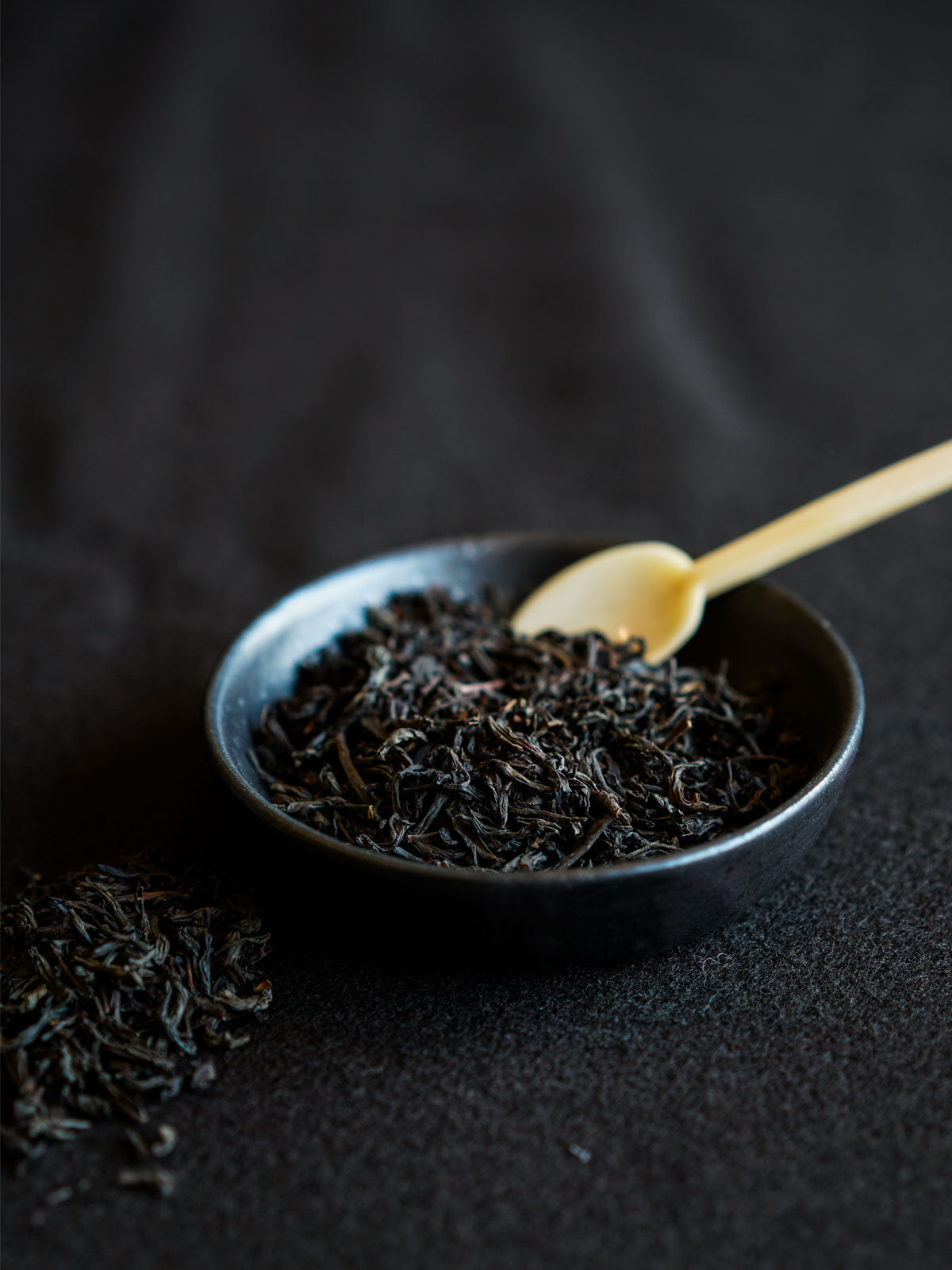Your morning coffee is more than just a pick-me-up–it’s a powerhouse of antioxidants and nutrients that can support your overall health. From reducing inflammation to improving brain function, coffee has earned its place as one of the most popular beverages worldwide. Beyond its energy-boosting effects, research shows that coffee may also help lower the risk of several diseases, making it a drink worth savoring. In this guide, we’ll explore the numerous health benefits of coffee, including its role in fighting inflammation, reducing disease risk, and promoting overall well-being. Whether you’re a casual sipper or a devoted coffee enthusiast, you’ll discover how this beloved beverage can positively impact your health.
11 Health Benefits of Coffee
For many, coffee is a staple in their morning routine simply because it helps them wake up and get their day started. While this is certainly true, coffee has countless other health benefits that scientists and health professionals have extensively studied. Here are some of the biggest benefits a daily coffee habit can provide. Note that most of the studies cited based their research on those who drank between 3-4 cups of coffee per day.
1. Boosts Cognitive Function
One of the most well-known benefits of coffee is the jolt of energy it provides thanks to a naturally occurring compound called caffeine. Caffeine is a stimulant for your central nervous system that speeds up the transmission of information. This helpful compound can alleviate fatigue and drowsiness, which is why so many people have come to rely on a cup of coffee in the morning to jumpstart their day.
2. Enhances Physical Performance
Caffeine is also known as an ergogenic aid or performance enhancing compound. So while a cup of coffee gives your brain a boost, it can also help improve your physical performance, endurance, and recovery. Athletes rely on caffeine to get them through grueling workouts or high-stakes performances, but a cup of coffee can just as easily give you a steady stream of energy needed for a long hike or bike ride.
Learn more: 6 Benefits of Drinking Coffee Before Working Out
3. Supports Heart Health
Coffee is linked to improved cognitive function, but studies have also shown that coffee can improve your heart health. Cardiovascular disease is the leading cause of death worldwide, followed closely by stroke and other heart-related diseases. Scientists have discovered that regularly drinking 3-5 cups of coffee per day can reduce the risk of cardiovascular disease by up to 15%. Regular coffee consumption can also help reduce your risk of stroke and heart failure.
4. Improves Liver Health
Drinking coffee can also do wonders for your liver. Both regular and decaf coffee have been shown to improve liver stiffness, which is a key indicator of liver health–namely, the stiffer your liver is, the less healthy it is. Researchers conclude that this is likely due to coffee reducing fibrosis or scar tissue on the liver. Though further research is needed to explore the full link between coffee and your liver, the preliminary results have scientists feeling optimistic about the connection.
Discover more about the benefits of decaf coffee →
5. Promotes Gut Health
Coffee has long been known as a digestive stimulant, but its effects on our gut go much deeper. Scientists have extensively researched the relationship between coffee and our gastrointestinal health, uncovering a variety of benefits of coffee on our gut. Most importantly, coffee supports the growth of beneficial gut bacteria, which play a role in managing systemic inflammation. Coffee also improves the stimulation of gastric acid secretion, biliary and pancreatic secretion, the reduction of gallstone risk, and the stimulation of colic motility–all of which improve your digestion and help the body filter out harmful free radicals.
6. May Aid in Weight Management
Researchers have also discovered a positive link between coffee and weight management. The reasons for this, they’ve discovered, are manifold. First, caffeine helps provide energy to both our minds and our bodies, which can result in increased physical activity. Second, caffeine is also an appetite suppressant, which can help reduce excessive calorie intake. Finally, caffeine stimulates thermogenesis,which makes your body burn calories at a slightly higher rate than normal.
Here’s the thing: these studies are linked to unsweetened black coffee. Not lattes, not iced coffees with plenty of sugar, not evenespresso martinis. If you regularly drink sugary coffee drinks with dairy that’s high in fat, you might not notice these benefits at all.
7. Rich in Antioxidants
Aside from caffeine, coffee contains many other compounds with profound health benefits. Antioxidants are more bioavailable compounds found in coffee that help protect your body against free radicals, atoms that damage DNA, proteins, and other molecules. The antioxidants can help fight against long-term health risks, like cognitive decline, Parkinson’s Disease, liver damage, and more.
8. Helps Fight Inflammation
Coffee contains several bioactive compounds, particularly polyphenols and caffeine, which have anti-inflammatory properties. With regular consumption, these compounds have been shown to lower the risks of colonic inflammation and colorectal cancer (CRC) mortality.
The antioxidants in coffee also combat oxidative stress, a major driver of inflammation. Additionally, coffee can improve insulin sensitivity and reduce the risk of metabolic disorders, indirectly curbing inflammation associated with these conditions.
9. Can Treat Headaches and Migraines
During a headache, the blood vessels in your brain swell, causing increased pressure and pain. On the other hand, the caffeine in coffee has vasoconstrictive properties, which help constrict blood vessels and narrow blood vessels, alleviating pressure and reducing the pain from a headache or migraine. Coffee can also increase the absorption of pain medications, helping to provide faster relief when a headache gets particularly bad.
10. Protects Against Neurodegenerative Diseases
Many studies have suggested that caffeine may reduce the risk of cognitive declineby blocking adenosine receptors, which are involved in brain signaling. Coffee is believed to delay or prevent certain neurodegenerative diseases like Alzheimer’s and dementia. Drinking coffee regularly can also help prevent Parkinson’s Disease. Since caffeine boosts dopamine production and protects neurons, this can potentially lower the risk of Parkinson’s by up to 60%.
11. May Reduce Risk of Developing Type 2 Diabetes
Regular caffeine consumption is associated with improved insulin sensitivity and glucose metabolism, reducing the risk of developing Type 2 diabetes. Though results of the link between coffee and Type 2 diabetes are still inconclusive, researchers cannot deny the benefits coffee has on both your liver and metabolism, both of which are factors in developing diabetes.
When is Coffee Considered Bad for You?
Coffee is generally safe when consumed in moderation, but it’s important to be mindful of your body’s tolerance and any pre-existing health conditions. Consulting a healthcare provider can help determine the right amount for you.
Coffee can be considered bad for you when consumed in excessive amounts or under certain conditions that may make you more sensitive to its effects. Here are a few scenarios where coffee consumption might actually be a bad thing.
When you drink too much coffee
Consuming more than 400 mg of caffeine per day (about 4–5 cups of coffee) can increase anxiety, cause sleep disturbances, raise your heart rate above a safe threshold, and cause digestive issues. Additionally, regular heavy consumption can lead to caffeine dependence, with withdrawal symptoms like headaches, fatigue, and irritability if your intake is suddenly reduced.
When you have a sensitivity to caffeine
Some people metabolize caffeine more slowly, leading to jitters, headaches, and palpitations, even with small amounts.
When you’re pregnant or breastfeeding
High caffeine intake during pregnancy can increase the risk of miscarriage or low birth weight. Pregnant women are usually advised to limit intake to 200 mg/day (about 1–2 cups).
When you’re concerned about bone health
Excessive coffee consumption may interfere with calcium absorption, potentially contributing to osteoporosis, especially in postmenopausal women.
When you have gastrointestinal problems
Coffee is acidic and can worsen conditions like gastritis or acid reflux (GERD) and agitate conditions like irritable bowel syndrome (IBS).
When you have issues with blood pressure
Caffeine can cause temporary spikes in blood pressure, which may be risky for those with hypertension or heart disease. You should always consult your primary care physician when considering a change to your diet, and coffee is no exception.
When you add tons of sugar and dairy
High-sugar coffee drinks or those with excessive cream can lead to weight gain, diabetes, and heart disease when consumed regularly.
Learn more: 8 Healthy Ways to Sweeten Coffee Without Sugar
What’s the Healthiest Kind of Coffee to Drink?
The healthiest kind of coffee to drink is the kind that retains its natural nutrients and antioxidants while minimizing added sugars, fats, and artificial ingredients. Here’s a breakdown of the healthiest coffee options.
Black Coffee (Brewed or Drip Coffee)
- Why it’s healthy:
- Contains zero calories when consumed plain.
- Rich in antioxidants like chlorogenic acid, which fights inflammation and oxidative stress.
- Boosts metabolism and enhances brain function without added sugars or fats.
- How to enjoy it: Drink it plain or add a splash of dairy or plant-based milk if desired.
Espresso
- Why it’s healthy:
- Smaller serving size (about 1 ounce) means less caffeine than a full cup of coffee.
- High concentration of antioxidants in a small dose.
- Low in calories without added ingredients.
- How to enjoy it: Drink it plain or as an espresso macchiato–with a dollop of steamed milk on top.
Explore more ways to enjoy espresso →
Cold Brew Coffee
- Why it’s healthy:
- Naturally less acidic than regular coffee, making it easier on the stomach.
- Smooth flavor reduces the need for added sugars or creamers.
- Maintains high levels of antioxidants due to its slow brewing process.
- How to enjoy it: Drink it plain or dilute it with water and ice if it’s too strong.
Americano
- Why it’s healthy:
- Similar to black coffee but slightly milder in flavor.
- Low calorie and more hydrating than espresso alone due to added water.
- How to enjoy it: Skip sugar and flavored syrups.
Coffee with Plant-Based Milk
- Why it’s healthy:
- Options like almond, oat, or coconut milk add nutrients without the saturated fat of cream or whole milk.
- Provides variety for those who are lactose-intolerant or vegan.
- How to enjoy it: Choose unsweetened versions to avoid extra sugar.
Tips for Healthier Coffee
- Skip Sugar and Artificial Sweeteners: Use natural alternatives like stevia or honey sparingly.
- Limit Creamers: Opt for low-fat or plant-based options instead of heavy cream.
- Add Superfoods: Try adding cinnamon, cocoa powder, or collagen powder for extra health benefits–just be mindful that these things will alter the flavor of the coffee.
- Moderate Your Intake: Stick to 3–4 cups per day to avoid excessive caffeine consumption.
Cheers to Your Good Health
While coffee is often praised for its ability to boost energy and focus, its health benefits extend far beyond a quick caffeine fix. With its rich antioxidant content, anti-inflammatory properties, and potential to lower the risk of chronic diseases, coffee can be a valuable addition to a balanced diet when consumed in moderation. However, it’s important to pay attention to how you prepare your coffee and avoid unhealthy additives. By choosing healthier brewing methods and practicing mindful consumption, you can enjoy your daily cup of coffee guilt-free while reaping its numerous health benefits. So go ahead—brew your favorite blend and toast to better health, one sip at a time!
Still looking for that perfect cup? Browse through our selection of single-origin and blended coffees to find the beans that transform your morning coffee.
Shop Methodical Coffee beans →
You might also like:
- Best Water for Coffee: Your Guide to the Perfect Cup
- Fresh Ground Coffee vs. Pre-Ground: Which is Best for Your Brew?
- Coffee to Water Ratio: The Ultimate Guide to Brewing Ratios
- 10 Coffee Myths and Misconceptions
Disclaimer: This article is for informational purposes only and is not intended as medical advice. Always consult with a healthcare professional regarding your health or any medical concerns.













